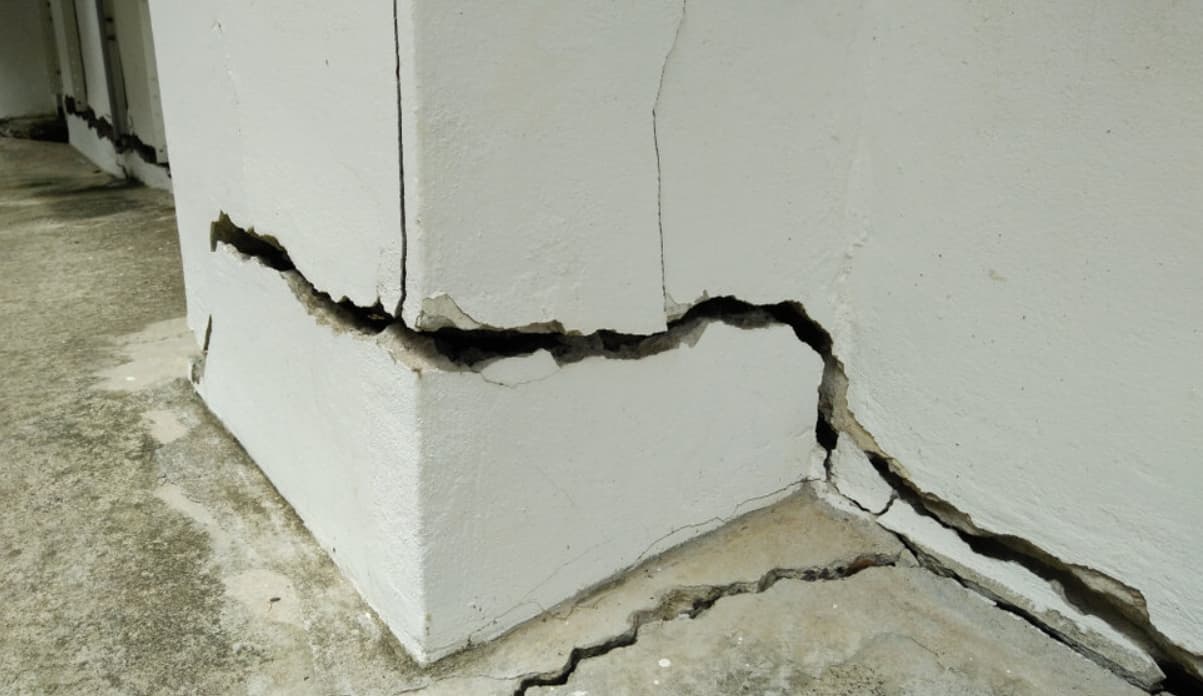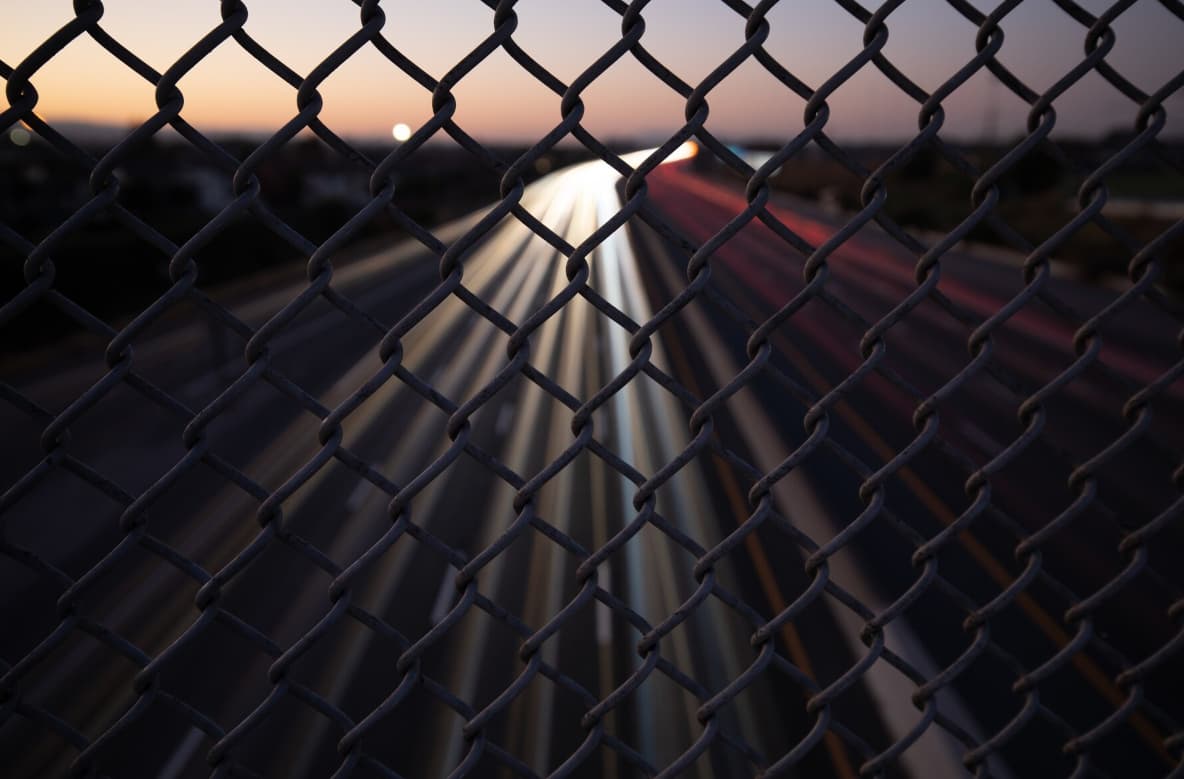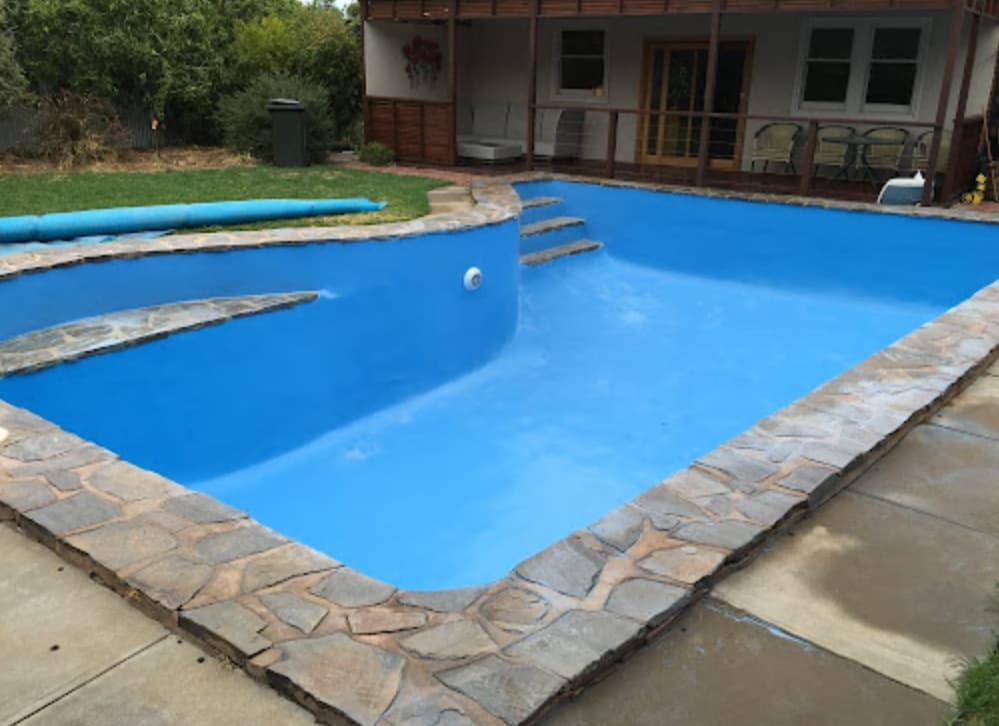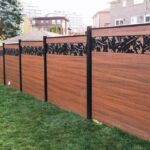Are you planning a construction project and feeling overwhelmed about concrete slab costs? Don’t worry – you’re not alone in this journey!
Whether you’re dreaming of a perfect patio for summer gatherings, planning a sturdy foundation for your new home, or need a reliable surface for your garage, understanding concrete slab costs is crucial for project success.
Most homeowners invest between $3,600 to $7,200 for concrete slab installation, with a national average hovering around $5,400.
But here’s the thing – these numbers are just the beginning of the story.
How Much Does a Concrete Slab Cost?
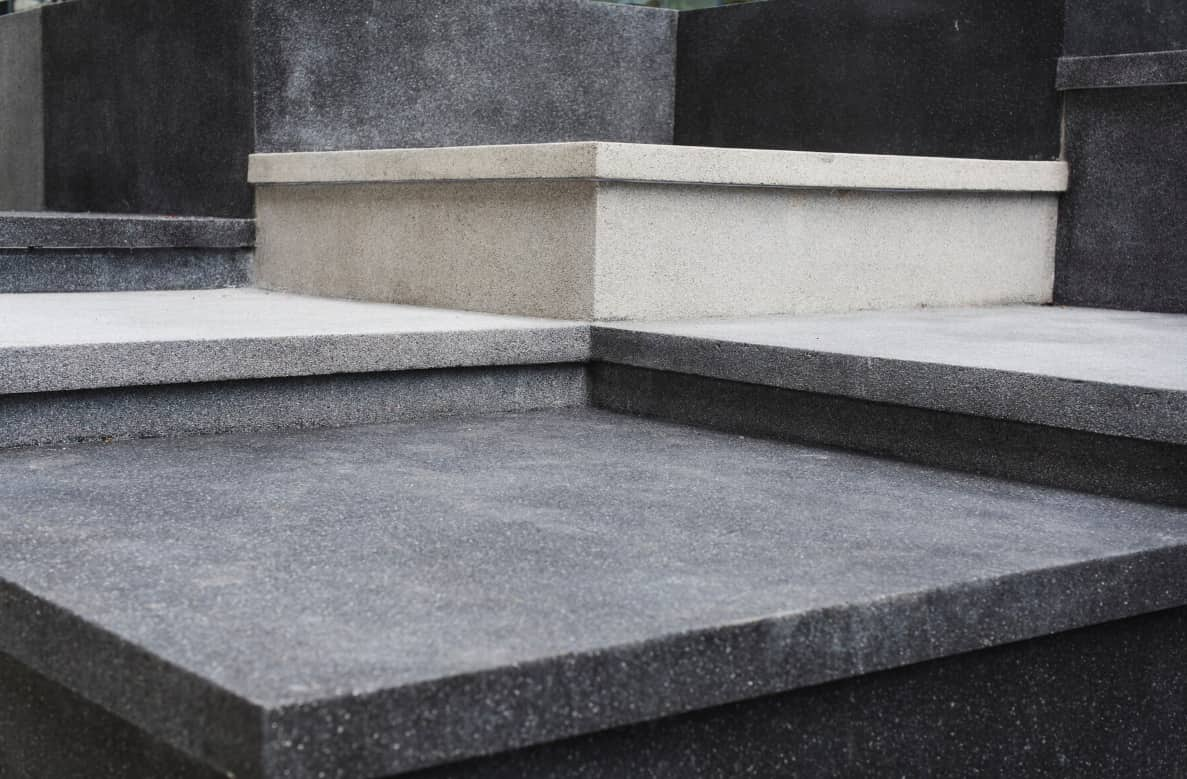
In this comprehensive guide, we’ll walk you through everything you need to know about concrete slab costs, from basic materials to finishing touches, all explained in simple, everyday language that makes sense.
Let’s dive into the world of concrete and make your project planning a whole lot easier!
The Basics of Concrete Slabs: Understanding What You’re Buying
Before we jump into dollars and cents, let’s get comfortable with what exactly a concrete slab is. Think of it as the foundation of your project – literally!
A concrete slab is like a giant, super-strong pancake made from a special mixture of materials that work together to create a durable, long-lasting surface.
Core Components
Every concrete slab consists of three main ingredients:
- Cement: The powerful binding agent
- Aggregate: Crushed stone or sand
- Water: The activator that starts the hardening process
When these materials come together, they undergo a fascinating process called curing.
During curing, a chemical reaction transforms the wet mixture into a rock-solid surface that can withstand decades of use.
The Great Cement vs. Concrete Debate: Setting the Record Straight
One of the biggest misconceptions in construction is using “cement” and “concrete” interchangeably. Let’s clear this up once and for all:
| Characteristic | Cement | Concrete |
| Composition | Pure binding powder | A mixture of cement, water, and aggregates |
| Cost per sq ft | $1 to $5 | $4 to $8 |
| Durability | Limited | Excellent |
| Best Uses | Small repairs | Major construction |
| Lifespan | 5-10 years | 30+ years |
| Strength | Lower | Much higher |
Breaking Down Concrete Slab Costs: A Detailed Look
Let’s dive deep into what makes up your final price tag. Understanding these components helps you make informed decisions and potentially save money where it matters most.
Labor and Professional Services
Professional installation involves multiple stages, each requiring specific skills and expertise:
- Initial Assessment and Planning
- Site evaluation
- Soil testing when necessary
- Permit acquisition
- Design planning
- Measurements and calculations
- Site Preparation
- Ground clearing
- Grading and leveling
- Soil compaction
- Form installation
- Reinforcement placement
- Installation Process
- Concrete mixing
- Pouring techniques
- Finishing work
- Curing supervision
- Quality control
Labor costs typically account for 30-50% of your total project budget. Here’s a breakdown of average labor costs by project type:
| Project Type | Labor Cost Range (per sq ft) |
| Basic Slab | $2.50 – $4.00 |
| Stamped Concrete | $4.00 – $8.00 |
| Complex Design | $6.00 – $12.00 |
| Foundation Work | $5.00 – $10.00 |
Material Costs and Considerations
Material costs vary based on several factors:
Base Materials
- Standard concrete mix: $4-$8 per square foot
- Premium concrete mix: $8-$12 per square foot
- Reinforcement materials: $0.35-$3 per square foot
- Forms and supports: $2-$3 per linear foot
Additional Materials Needed
- Vapor barriers
- Expansion joints
- Curing compounds
- Sealants and finishes
Size and Thickness Calculations
Understanding how size affects cost is crucial for budgeting. Here’s a practical guide:
Common Project Sizes and Estimated Costs:
- Small Projects (Under 200 sq ft)
- Patio: $800-$1,600
- Shed base: $600-$1,200
- Walkway: $400-$800
- Medium Projects (200-600 sq ft)
- Driveway: $2,400-$4,800
- Garage floor: $3,460-$5,200
- Large patio: $2,000-$4,000
- Large Projects (Over 600 sq ft)
- House foundation: $7,000-$16,000
- Commercial pad: $12,000-$25,000
- Multi-car parking: $8,000-$15,000
Types of Concrete Slabs: Choosing the Perfect Match
Different projects demand different types of concrete slabs. Let’s explore your options in detail:
Standard Modern Concrete
This is your workhorse option – reliable, cost-effective, and suitable for most residential projects.
Characteristics:
- Compression strength: 2,500-4,000 psi
- Standard thickness: 4-6 inches
- Basic finish options
- Traditional curing time
- Moderate weather resistance
Best Applications:
- Residential driveways
- Basic patios
- Sidewalks
- Garden paths
- Shed foundations
High-Performance Concrete
When strength and durability are paramount, high-performance concrete delivers exceptional results.
Key Features:
- Compression strength: 6,000+ psi
- Enhanced durability
- Better weather resistance
- Reduced maintenance needs
- Longer lifespan
Ideal Uses:
- Commercial buildings
- Heavy equipment areas
- Multi-story structures
- High-traffic zones
- Extreme weather locations
Specialty Concrete Options
Modern technology has given us several specialized concrete options:
- Permeable Concrete
- Allows water drainage
- Environmentally friendly
- Reduces runoff
- Ideal for flood-prone areas
- Cost: 20-25% more than standard
- Stamped Concrete
- Decorative patterns available
- Mimics expensive materials
- Various color options
- Enhanced curb appeal
- Cost: $12-18 per square foot
- Glass Concrete
- Incorporates recycled glass
- Unique aesthetic appeal
- Various color possibilities
- Premium finish
- Cost: 30-40% more than standard
Money-Saving Strategies Without Compromising Quality
Smart planning can help reduce costs while maintaining quality. Here’s how:
DIY Opportunities
While complete DIY isn’t recommended, you can save money by:
- Clearing the site yourself
- Removing old concrete
- Basic grading work
- Form construction
- Final landscaping
Planning and Timing
Strategic planning can lead to significant savings:
Best Times to Pour Concrete:
- Spring and fall seasons
- Moderate temperature days
- Non-peak construction periods
- During dry weather
- When suppliers offer discounts
Cost-Saving Planning Tips:
- Group multiple projects together
- Choose simple designs
- Plan for adequate drainage
- Consider future needs
- Compare contractor quotes
Maintenance and Long-Term Care
Proper maintenance extends the life of your concrete slab and protects your investment:
Regular Maintenance Schedule:
| Season | Tasks | Estimated Cost | Importance |
| Spring | Cleaning, inspection | $100-200 | High |
| Summer | Sealing, repairs | $200-500 | Medium |
| Fall | Crack filling, protection | $150-300 | High |
| Winter | Ice management | $50-150 | Medium |
Professional Installation vs. DIY: Making an Informed Choice
Understanding when to DIY and when to hire professionals is crucial:
Professional Installation Benefits
- Expertise and Experience
- Proper mix ratios
- Correct reinforcement
- Appropriate thickness
- Professional Finishing
- Quality control
- Equipment and Resources
- Professional-grade tools
- Proper mixing equipment
- Finishing machines
- Safety equipment
- Quality materials
- Warranties and Guarantees
- Workmanship warranty
- Material guarantees
- Professional insurance
- Code Compliance
- Future support
DIY Considerations
Before attempting DIY concrete work, consider:
Suitable DIY Projects:
- Small repair work
- Basic walkways
- Simple garden paths
- Non-structural slabs
- Decorative elements
DIY Risks:
- Improper mixing
- Inadequate curing
- Poor finishing
- Structural issues
- Code violations
Common Problems and Solutions
Understanding potential issues helps you avoid costly mistakes:
Crack Prevention and Management
Common Causes of Cracks:
- Improper curing
- Temperature changes
- Ground movement
- Heavy loads
- Poor installation
Prevention Strategies:
- Proper reinforcement
- Control joints
- Adequate thickness
- Quality materials
- Professional installation
Surface Issues
Types of Surface Problems:
- Scaling
- Spalling
- Discoloration
- Pop-outs
- Crazing
Solutions and Repairs:
- Surface treatments
- Patching compounds
- Resurfacing
- Sealing
- Professional repair
Environmental Considerations
Modern concrete installation should consider environmental impact:
Eco-Friendly Options
- Sustainable Materials
- Recycled aggregates
- Low-carbon cement
- Local materials
- Renewable resources
- Green additives
- Energy Efficiency
- Heat reflection
- Thermal mass
- Insulation value
- Natural cooling
- Reduced energy use
Making Your Final Decision
Consider these key factors when making your final decision:
- Project Requirements
- Intended use
- Load requirements
- Weather exposure
- Aesthetic needs
- Budget constraints
- Local Factors
- Building codes
- Climate conditions
- Soil type
- Access issues
- Local pricing
- Long-Term Considerations
- Maintenance needs
- Future modifications
- Property value
- Energy efficiency
- Environmental impact
Frequently Asked Questions
Let’s address the most common questions about concrete slabs:
- Q: How long will my concrete slab last?
A: With proper installation and maintenance, expect 30-50 years of service.
- Q: Can concrete be poured in winter?
A: Yes, but special techniques and additives are required, increasing costs by 10-20%.
- Q: How soon can I use my new concrete slab?
A: Initial foot traffic: 24-48 hours Vehicle traffic: 7-10 days Full cure: 28 days
- Q: What thickness do I need?
A: Depends on use:
- Patios: 4 inches
- Driveways: 4-6 inches
- Garage floors: 6 inches
- Commercial: 6-8 inches
Also Check:
Conclusion: Investing in Quality
A concrete slab is more than just a construction project – it’s an investment in your property. While cost is important, focus on:
- Quality installation
- Proper materials
- Professional expertise
- Long-term durability
- Maintenance planning
Remember, the right concrete slab, properly installed and maintained, will serve you well for decades to come. Take time to:
- Research contractors thoroughly
- Get detailed quotes
- Understand warranties
- Plan for maintenance
- Consider future needs
By following this comprehensive guide, you’re well-equipped to make informed decisions about your concrete slab project. Focus on quality while looking for smart ways to manage costs, and you’ll end up with a durable, long-lasting addition to your property.

